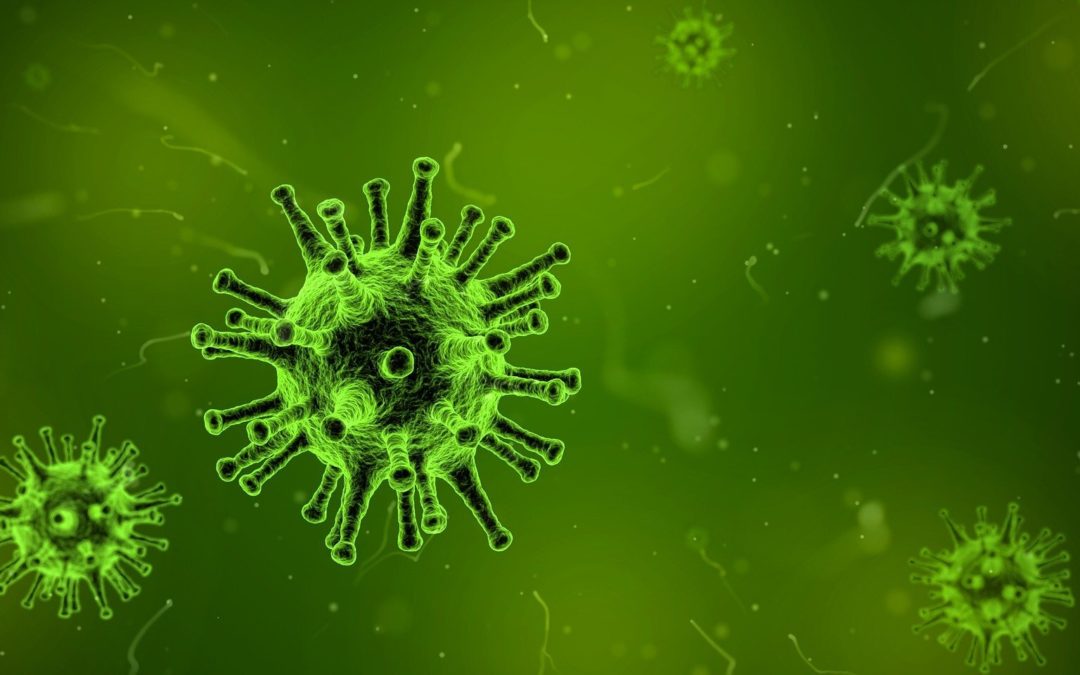Time to Dig Out the Masks
A family of three Covid–19 Omicron variants – the BA.5 family – (BA.4. BA.5. and BA1.12.1)) are burning their way through the US population. BA.5 went from 1% of all infections in May to 21% in June. They are changing the rules and finding ways to avoid our immune systems. Natural immunity from Delta was 9 months; BA.5 does not confer immunity.
The good news is that vaccinating and boosting still prevents serious illness. However, your “safe” circle of family and friends is now smaller because the BA5’s move quickly. If someone isn’t taking precautions, carrier status can be presumed. New rules for social distancing have yet to be published.
The risk of infection in crowded public spaces is much higher. I again wear a mask in grocery stores and choose outdoor dining whenever possible. Some experts recommend mask-wearing outdoors if close contacts are singing or shouting. They are especially wary of “outdoor” dining areas with roll-down sides and roofs that limit air circulation.
You can’t rely on the previous infection for protection. The BA.5 family specializes in, at least, partially circumventing antibodies from Delta or Omicron. What once was six to nine months of increased immunity after natural infection is now weeks. You could get BA.5 several times in a year.
Vaccinating and boosting are crucial. It produces 3 to 8 times the amount of antibodies than natural infection, which tips the scales in your favor. The countries with the most significant increase in BA.5 hospitalizations have lower vaccination rates.
Indoor Air Quality Can Prevent Covid Exposure
Covid-19 is one-third the weight of smoke and a prisoner of air currents. Open windows, cross-ventilation, and fans – anything that blows air away from you blows Covid away from you. Frequent air changes, filtration (electrostatic or HEPA), and sterilization with an enclosed UV light source perform well in closed indoor spaces.
Ventilation systems in public arenas and airplanes are excellent examples of keeping Covid concentrations low enough to prevent infection. Neither has been the source of superspreader events.
The airplane takes in outside air, which is essentially sterile, mixes it 50/50 with cabin air, heats it, and runs that through very efficient filters and into the plane. Depending on the make and model of the aircraft, the cabin air might be exchanged every few minutes.
The Boston Garden ventilation system was designed to circulate and sanitize enough air to disperse the heat of 18,000 shouting frantic fans. The new filters and ductwork added for Covid creates air circulation everywhere in the building.
If Most Infections are Mild, Why the Concern?
The CDC reports that 60% of Americans have antibodies to Covid-19 species. Since BA.5 can bypass current antibodies, a significant portion of the 100 million otherwise resistant subjects become at-risk again. Larger denominators power larger numerators, so hospitalizations and deaths will rise.
The dramatic rise in acute cases will also increase ambulatory morbidity. Delayed effects, most notably Long Covid, are destined to rise. It starts a month after infection, mild or otherwise, and symptoms of difficulty breathing, headache, joint pain and brain fog can last more than a year. The incidence is not known, and case diagnostic categories are in development.
At the same time, Moderna has already filed for expedited approval of Omicron specific vaccines. Considering its success with the original Wuhan-1 Covid virus, I have great expectations for a new vaccine for the mutated spike protein in the BA.5 family.
What if You get sick?
Most infections will be mild – runny nose, sore throat, headache, persistent cough, and fatigue. Few people have a fever. Sense of smell and taste remains intact. Antigen testing is a must. If you test positive and can stay home, self-isolate until testing negative. If you must go out, wear a mask to protect others. Observe until testing negative.
For more severe infections, you would need to start Paxlovid within the first five days (preferably the first 48 hours). It tastes terrible, sometimes requires two courses, and has occasional rebound illnesses.
The intravenous immunoglobulin treatments, except for Eli Lilly’s, are far less effective now. You would have to consult with your local hospital.
Consult your physician. Mine is one opinion among many.
James D Katz MD MPH

